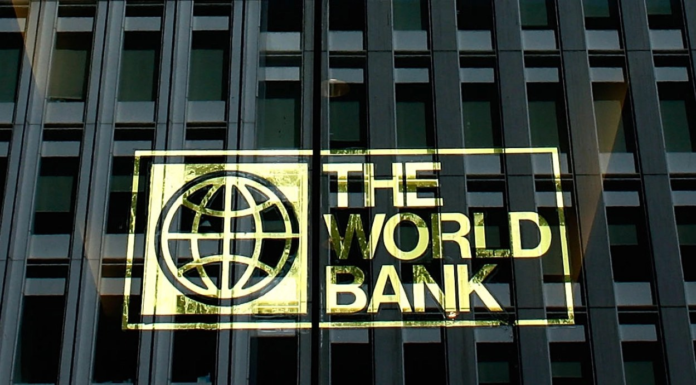The World Bank has expressed concern about the significant impact of tax exemptions on Ghana’s revenue generation capabilities.
The institution noted that, Ghana’s tax system is underperforming due to numerous tax reliefs that greatly narrow the corporate income tax (CIT) base.
Between 2015 and 2020, Ghana missed out on an estimated average of 1.3% of its Gross Domestic Product (GDP) annually in potential corporate tax revenue.
The World Bank’s analysis indicates that, the proliferation of over two dozen types of tax breaks for companies is a major factor contributing to this shortfall.
The 8th Ghana Economic Update by the World Bank highlights that these exemptions cost the country around 0.5% of its GDP in lost revenue each year.
Personal income tax (PIT) constitutes about 15% of Ghana’s total tax revenue, which is below the Sub-Saharan Africa (SSA) average of 18%.
As of 2020, Ghana’s PIT revenue was equivalent to 2% of GDP, compared to the SSA average of 3.5%, resulting in a revenue gap of over 2% of GDP.
Payroll taxes account for over 99% of total PIT proceeds, while other forms of PIT, such as taxes on capital gains, investment income, and business income of the self-employed, make up less than 1% of total PIT proceeds—unlike in other lower-middle-income countries (LMICs) like India, where such taxes constitute more than 30%.
In 2022, fewer than 25% of Ghanaians of voting age (18 and older) paid payroll taxes under the Pay-As-You-Earn (PAYE) scheme, and less than 0.2% reported any business income.
This contrasts sharply with high PIT productivity countries such as Norway, Sweden, and Canada, where nearly 100% of the voting population files PIT returns.
ALSO READ:

